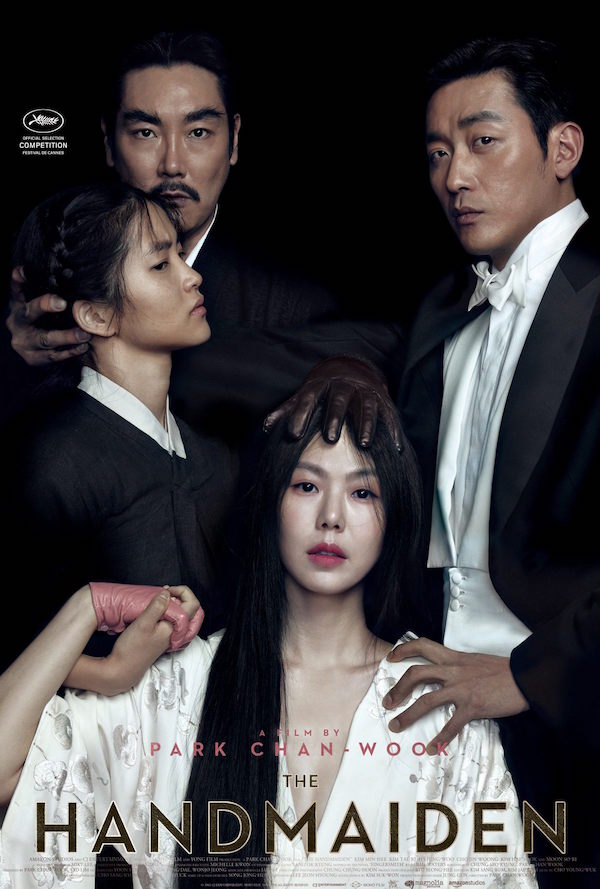Park Chan-wook has always loved old stories.
He means myths and legends and folk tales, stories that pit humans against the forces of fate. That battle is at the center of a filmography that spans more than two decades, from that of the vampiric Catholic priest in “Thirst” to that of the haggard Oh Dae-su in the modern cult classic “Oldboy.”
And now, it’s the force behind the acclaimed South Korean director’s “The Handmaiden,” in which two women – one a handmaiden with a secret plot, the other a lady of the nobility trapped in a mansion by her uncle – learn that fate can be tricked and overcome. As they each seek escape, they discover solace in each other.
“In those stories, the question is, do you face fate and go against it? Or do you find a way out and gain peace?” Park said. “That process always fascinates me. My stories are all about people in that fight.”
The film, adapted from British author Sarah Waters’ “Fingersmith,” moves the tale to a 1930s Korea under Japanese rule, where it follows Sookhee (Kim Tae-ri), a young girl sent to aid a suave conman (Ha Jung-woo) woo the beautiful heiress Lady Hideko (Kim Min-hee) inside the home of her uncle (Cho Jin-woong).
But this world is about more than the swindlers and the eerie perverts that creep around every turn. “I see this film as a coming-of-age story,” Kim Tae-ri said. “Two women are living in two completely different situations, and they free themselves.”
It’s a sprawling, sensual, three-part saga that in the end manages to find revenge on both the patriarchy and, in a bigger way, the grips of Japanese imperialism, all within overarching LGBT and feminist themes. “The Handmaiden” caused a stir upon its summer release in South Korea for its sexually explicit scenes, especially because they were between two women.
“I was hesitant going into this because of the fact that it was so sexual,” Kim said. “I felt I didn’t have enough experience, and thought it might be too big of a role for me. But those dilemmas disappeared after I saw the screenplay, and fell in love with these lifelike characters who were not trapped in cliches.”
The country, though conservative, has introduced a number of LGBT films to theaters in recent years, examples including “King and the Clown” and “A Frozen Flower.” A 2013 Pew Research Center study found that just 18 percent of South Koreans found homosexuality acceptable, and 57 percent unacceptable.
Still, Park said he does not see homosexuality as a taboo subject in this era, at least not for those in the film industry.
“As someone who makes commercial films, if I as a director or if the investors had thought it taboo, this film wouldn’t have been made, and we wouldn’t have had the chance to cast the kinds of big stars we did,” Park said. “There was already a foundation of LGBT films in Korea, and I think we are now in an era in which we don’t have to be afraid to tell stories like this.”
“The Handmaiden,” released by Amazon Studios/Magnolia Pictures, is playing in select theaters now. For more information, visit thehandmaidenmovie.com.
–
Correction: This article previously stated that Park Chan-wook directed “Snowpiercer.” Park produced, while Bong Joon-ho directed.







